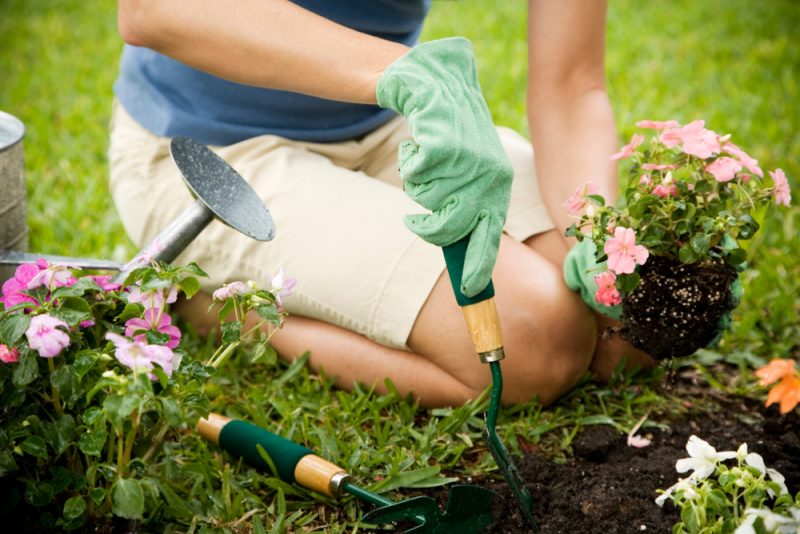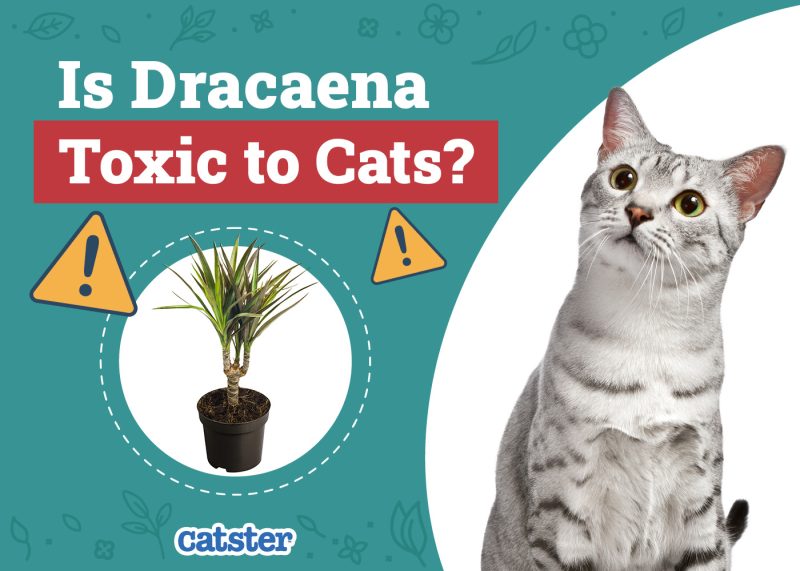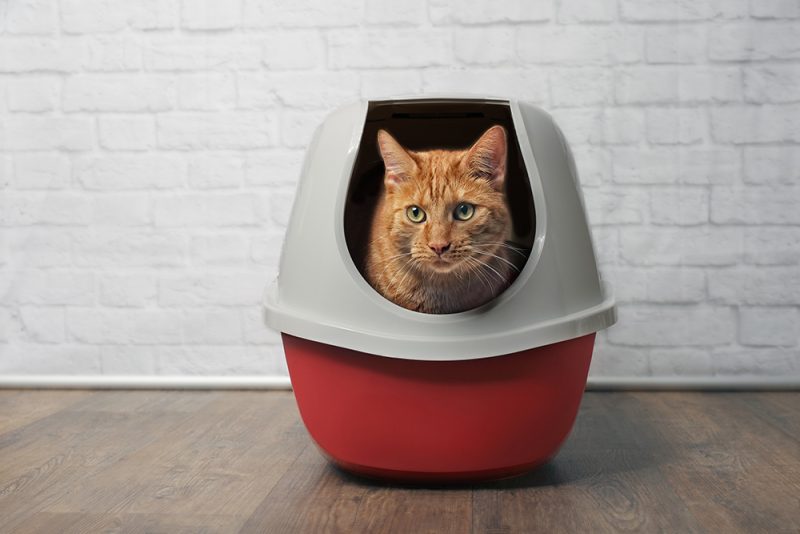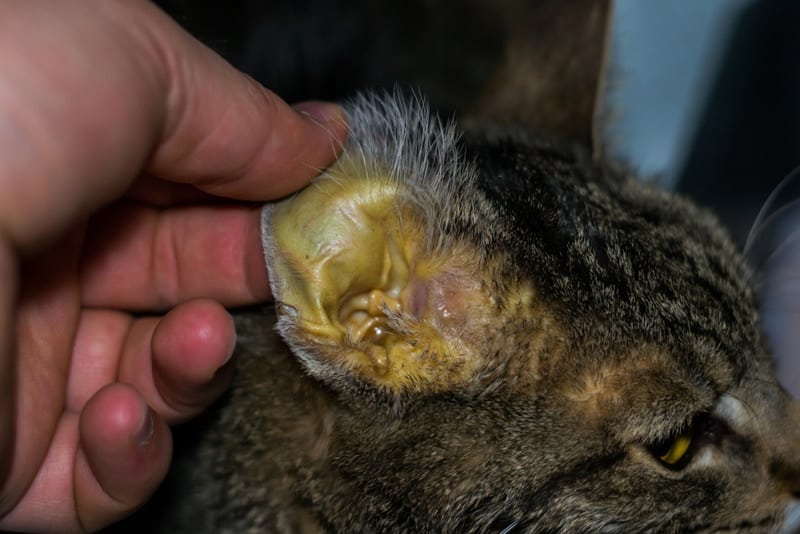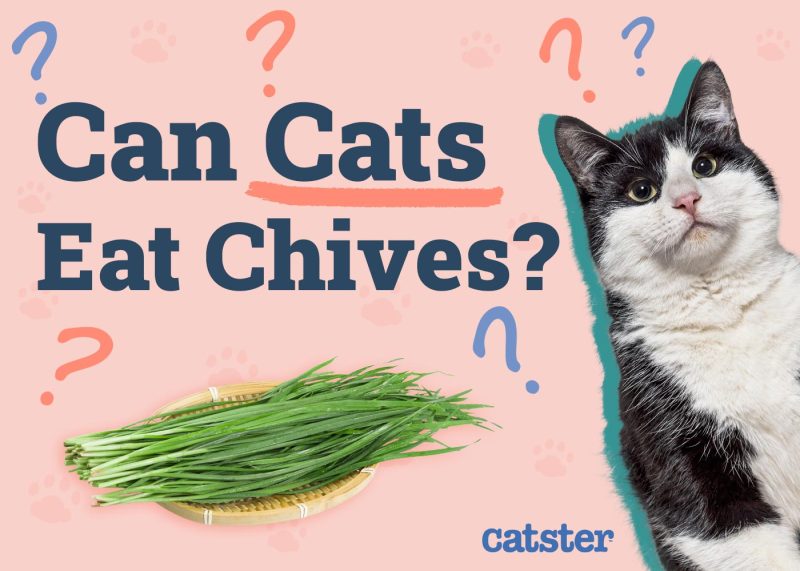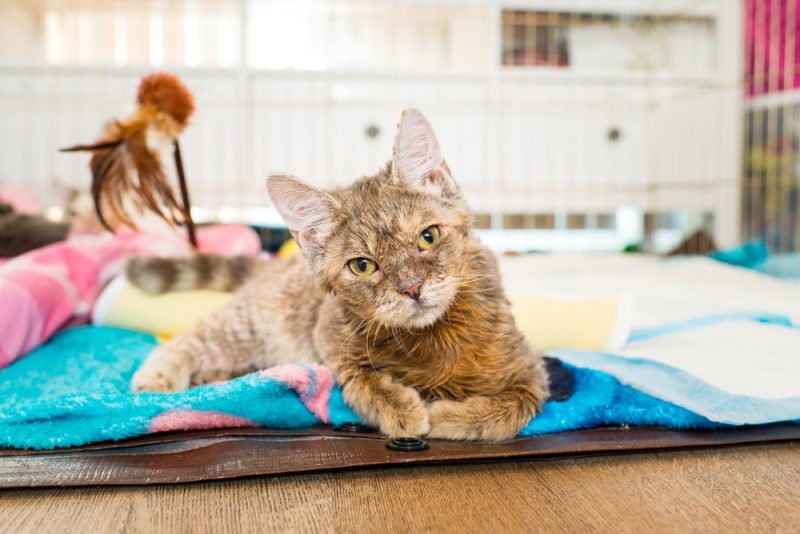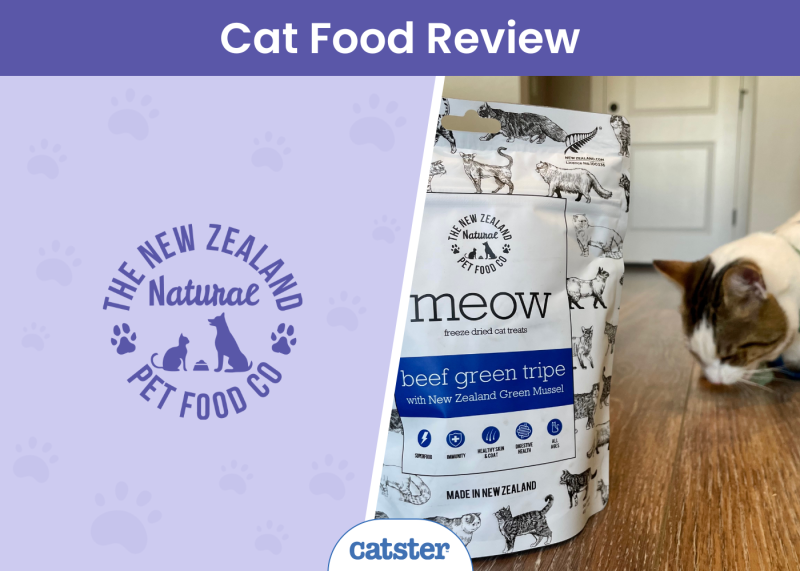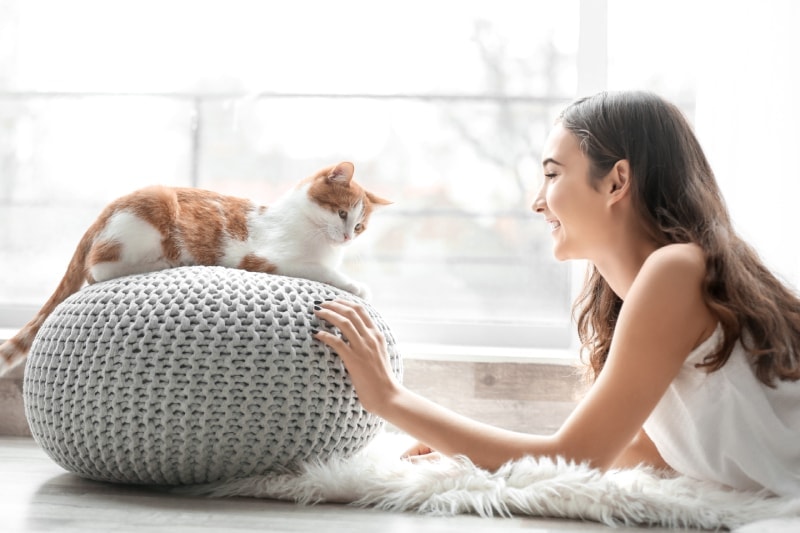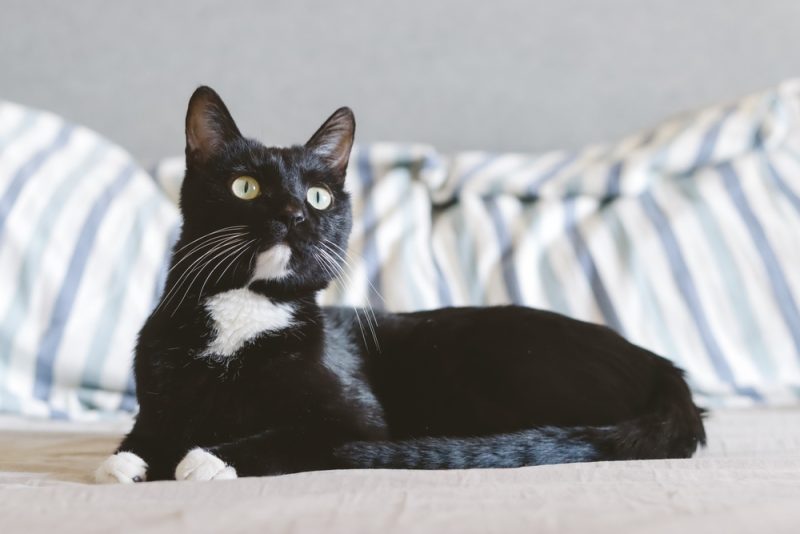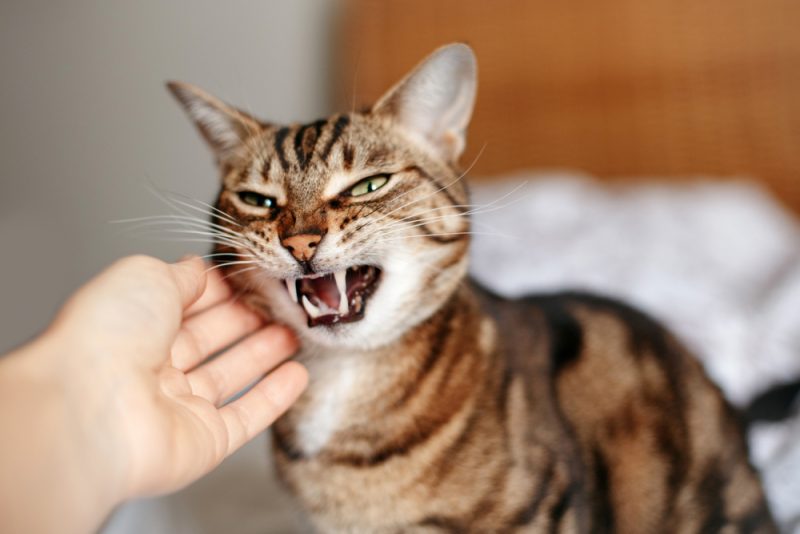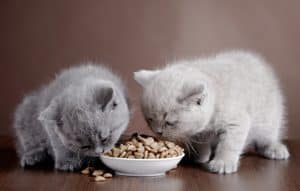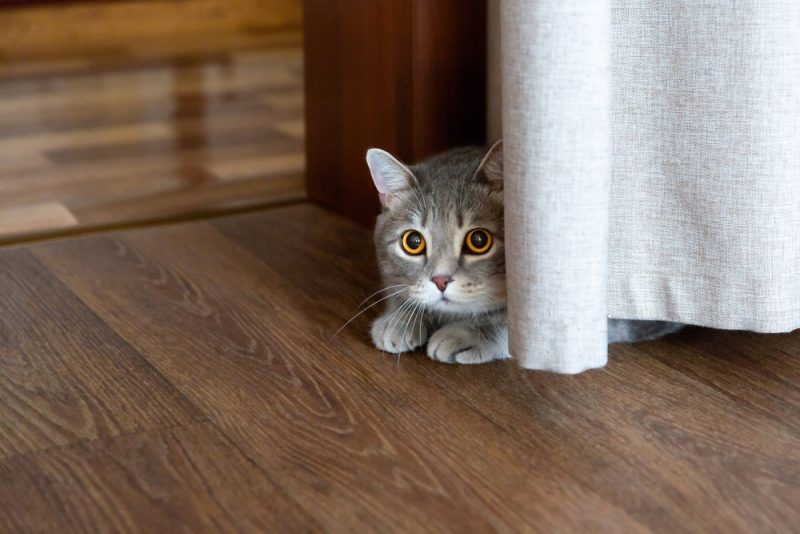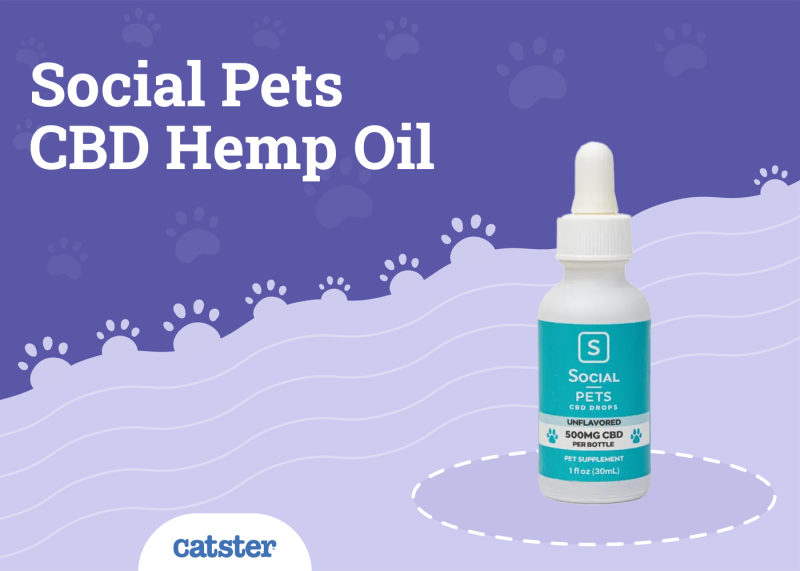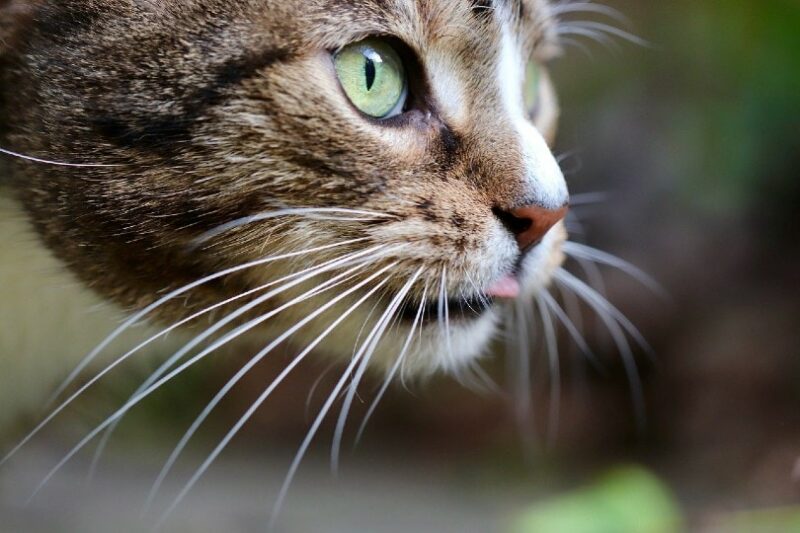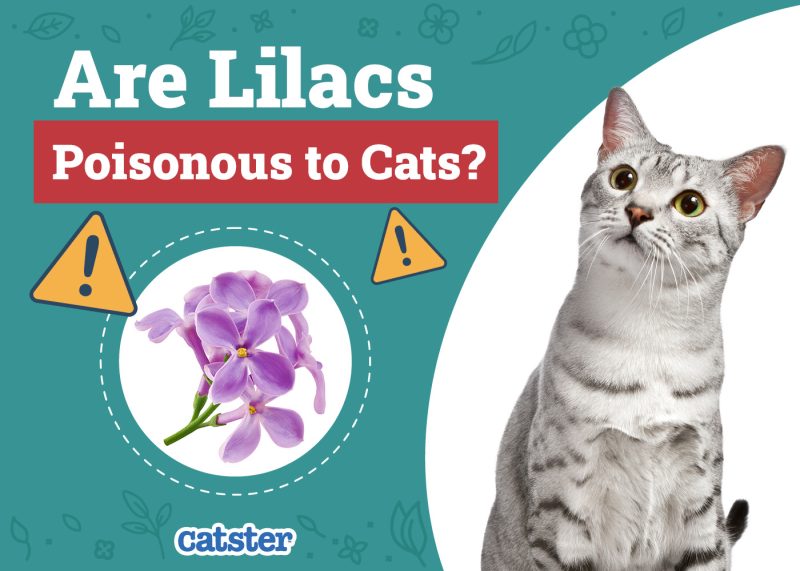If you have a green thumb and a suitable location, you might dream of creating a soothing garden area. But what if you want your cat to enjoy the outdoor space while keeping your pet and plants safe? If you want to create a cat-friendly garden, you’ve come to the right place!
Keep reading to learn all our tips and tricks for designing and planting a cat garden where you and your kitty can spend time together.
Before You Begin
Keep in mind that your cat shouldn’t be spending time outdoors unsupervised. Ensure your yard is secure and safe before you even consider starting your cat-friendly garden. A tall fence will keep dogs and other predators away.
Because cats are excellent climbers, the fence might not keep your kitty contained. Consider securing the garden with netting or planting thick shrubbery in front of the fence to deter your cat from escaping. You can also train your cat to walk on a harness and leash, allowing you to keep them close as you enjoy the garden.
How to Create a Cat-Friendly Garden
1. Choose Safe Plants
Unfortunately, several popular garden plants are toxic to cats. If you want your garden to be cat-friendly, you’ll need to check the existing plants and remove any that might be dangerous.
Next, pick new varieties that are safe for your cat. The ASPCA’s extensive list of toxic and non-toxic plants is an ideal resource for this task.1

2. Say No to Toxic Substances
In addition to plants, gardens frequently contain other toxic substances that can harm your cat. Pesticides, fertilizers, compost piles, and mulch contain substances hazardous to cats.
For a cat-friendly garden, choose organic and non-toxic pest control and fertilizer methods. Keep your compost pile secured from your cat so they can’t eat old, moldy food. Avoid mulch with artificial dyes or cocoa mulch that contains actual chocolate.
3. Add Vertical Space and Hiding Places
Part of creating a cat-friendly garden is thinking about the space in terms of what your kitty will enjoy. Yes, you want it to be a safe place, but you want it to be somewhere they can also exercise and play.
Consider adding vertical spaces for your cat to climb. Logs, small trees, or a perching platform are all possible options. They can also serve as scratching posts. Your cat may also appreciate having a hiding space in the garden, such as a bush or tall grass.
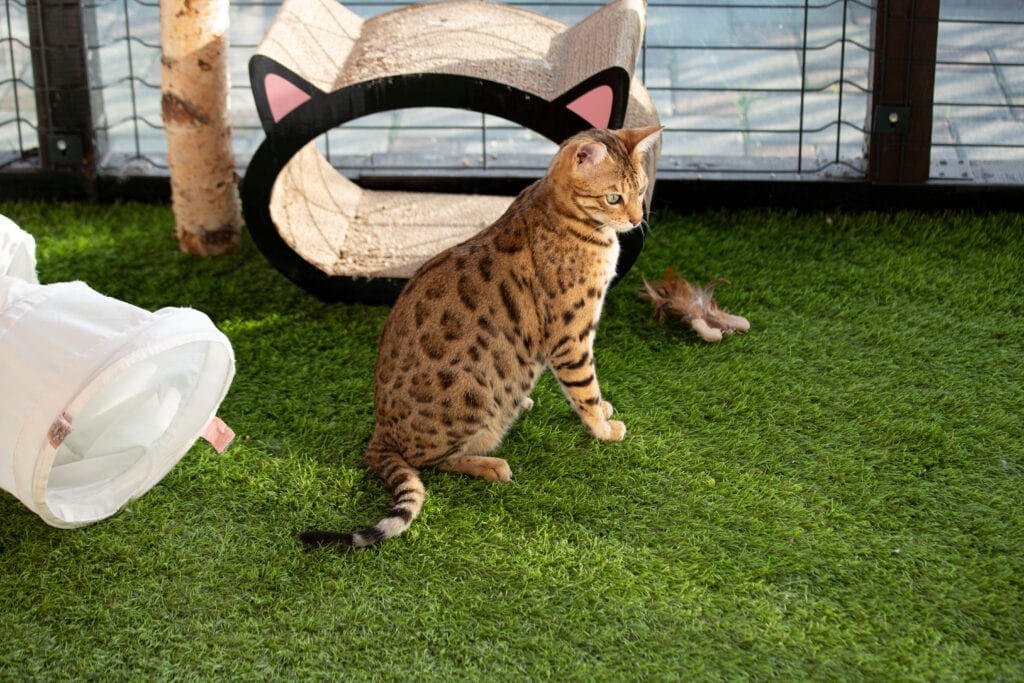
4. Add Cat-Specific Spaces
To keep your cat from using the whole garden as a litter box, try designating a specific location for them to do their business. A patch of sand with a weatherproof roof is a good choice. You can also plant catnip or cat grass for your kitty to chew on.
5. Protect Birds and Wildlife
A cat-friendly garden won’t necessarily be a safe space for local birds and wildlife. Cats will happily stalk unsuspecting small creatures that stumble into the garden if given the chance.
Fences and netting can keep your cat in and the birds and animals out. You can also place bird feeders and feeding stations outside the fence to give them a safer location to gather.
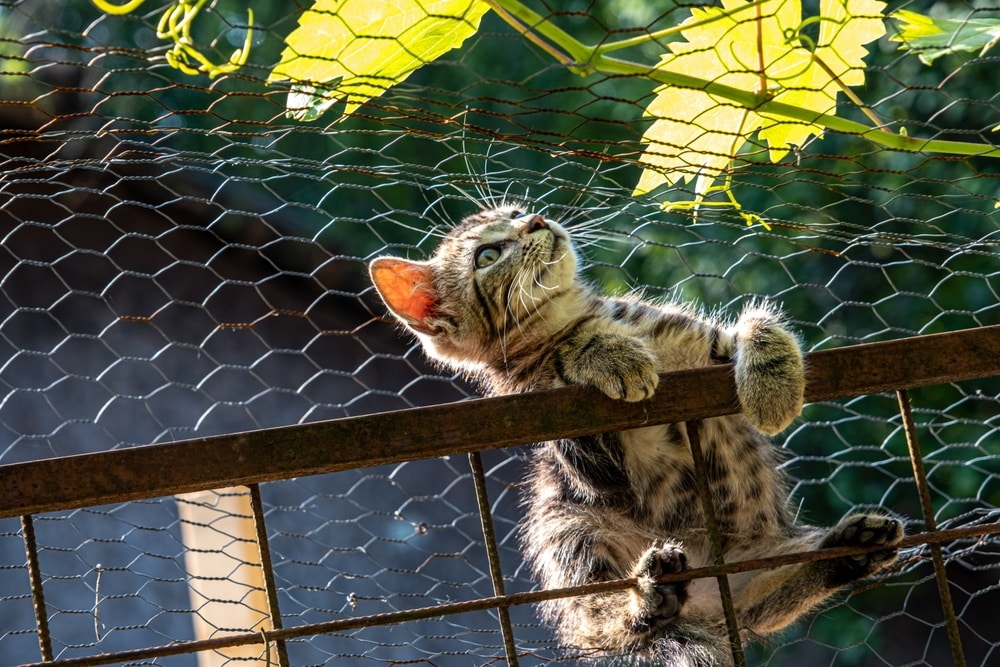
6. Indoor Gardens Are Possible Too!
If you don’t have the space to create an outdoor garden or don’t feel comfortable having your cat venture outside, consider an indoor garden instead. You could locate the garden in a sunroom, enclosed patio, or a bright room.
Use the ASPCA’s list to choose a variety of non-toxic indoor plants for the garden. Consider placing cat trees, shelves, or window perches to enrich your cat’s environment.

Conclusion
Before your kitty spends time in their new cat-friendly garden, ensure they’re up to date on their shots and covered with the appropriate parasite prevention. Fleas, ticks, heartworms, and intestinal worms can also become residents of your cat’s garden.
If your cat has never been outside, introduce them to the garden slowly, and don’t force them to stay if they seem scared or anxious. Not every cat will be comfortable outside, especially if they’ve lived their whole lives indoors.
Featured Image Credit: Fazlyeva Kamilla, Shutterstock
